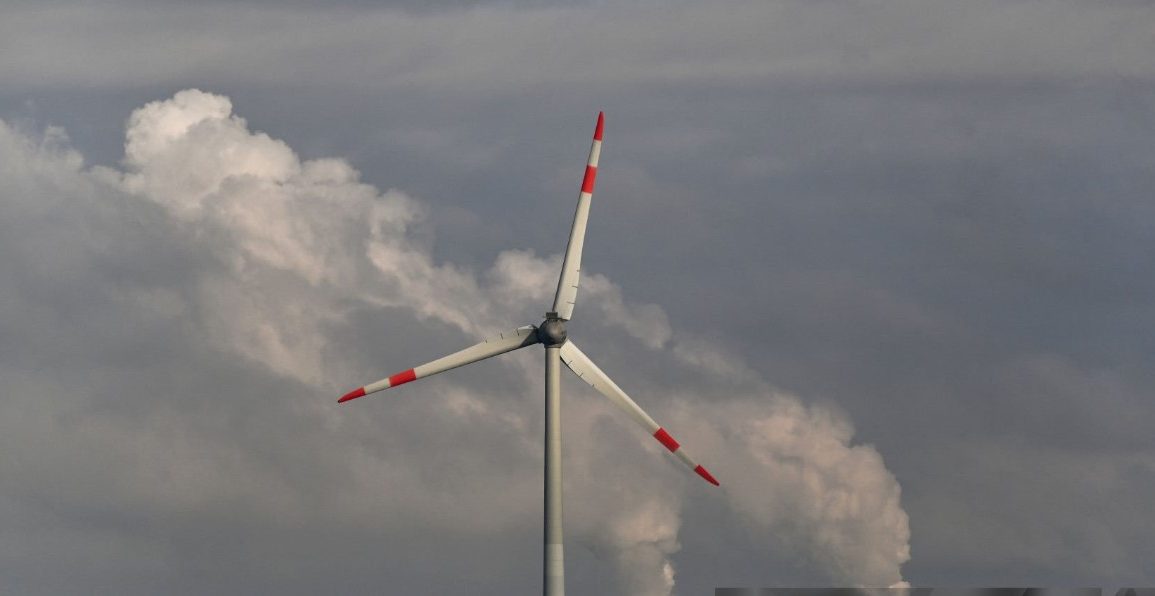The recent re-election of Donald Trump has raised concerns among global renewable energy investors, with Germany’s RWE and other major players reassessing their offshore wind commitments.
RWE announced a reduction of €3 billion in its budget for the coming year, cutting its planned spending from €10 billion to €7 billion.
This adjustment stems from an increased perception of risk associated with U.S. offshore wind projects following Trump’s victory, which has led to a significant drop in green energy stock prices.
Trump has signaled plans to reduce support for Biden’s Inflation Reduction Act, a policy that allocated over $400 billion to support renewable energy and other sectors, casting uncertainty over future U.S. renewable investments.
While the U.S. renewable market faces these new challenges, executives in the UK see potential benefits for Britain’s renewable sector.
Alistair Phillips-Davies, CEO of SSE, highlighted that with less competition from the U.S. in global supply chains, the UK may be well-positioned to secure materials and expand its manufacturing capabilities.

This could support Britain’s own renewable goals and reduce costs on domestic projects, ultimately creating new export opportunities.
SSE, primarily focused on the UK and European markets, remains largely unaffected by the market turmoil in the U.S.
The company, which is developing the world’s largest offshore wind farm in the North Sea, announced plans to expand its presence across continental Europe.
Phillips-Davies pointed out that this shift could create an industrial strategy advantage for the UK, bolstering its standing as a major player in renewables.
Siemens Energy, recovering from a major loss in its wind turbine division, also posted a net income of €1.3 billion for the year, highlighting resilience in Europe’s green energy sector amid current pressures.
RWE, on the other hand, is taking a more cautious approach to its U.S. investments, delaying planned wind projects.
The firm’s share price saw a sharp dip following the U.S. election result but rebounded following a €1.5 billion share buyback program aimed at maintaining investor confidence.
This shift demonstrates the uncertainty Trump’s re-election brings to the global green energy domain while providing potential growth prospects for European developers looking to capitalize on market changes.

